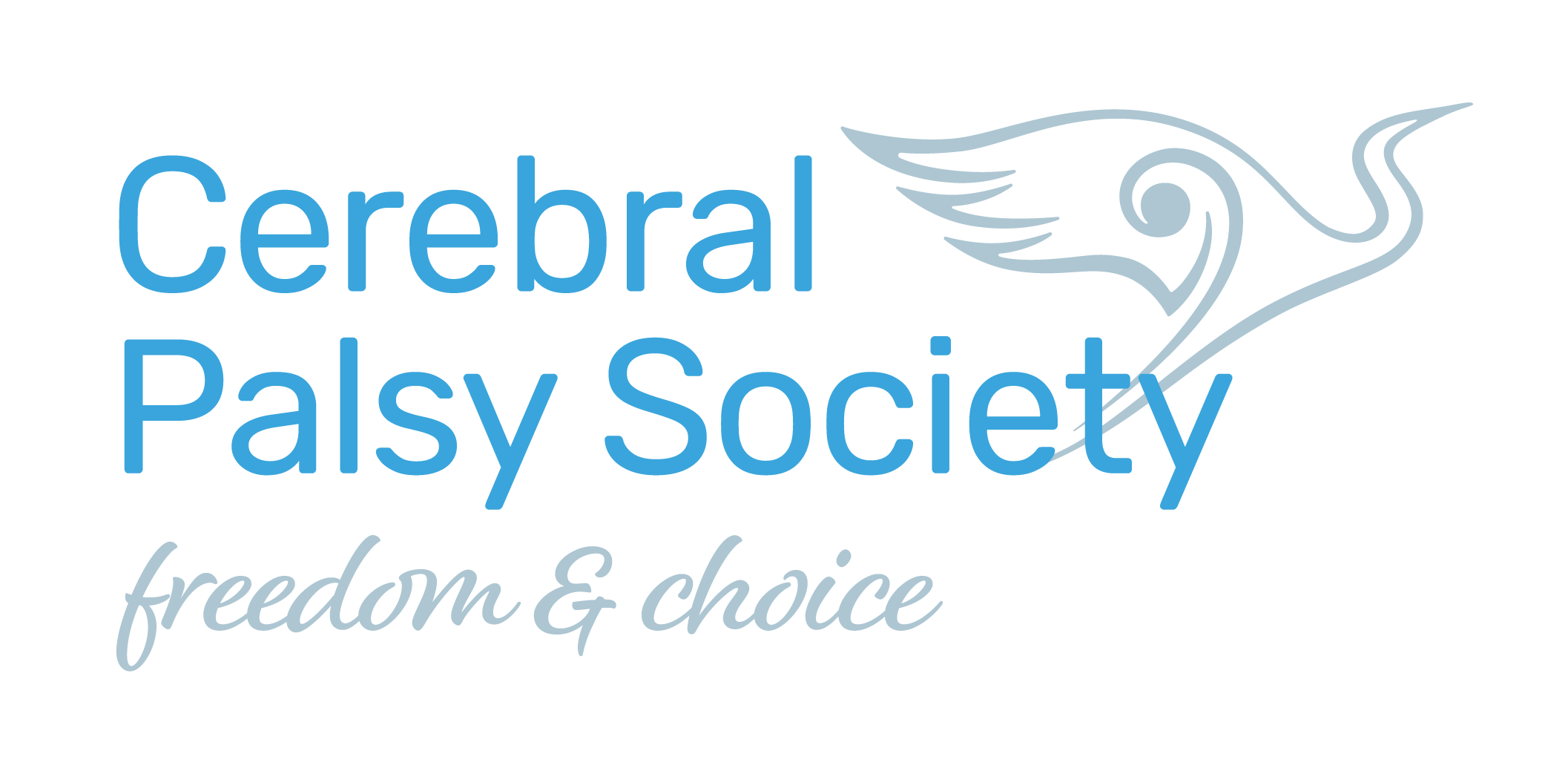NEWS & UPDATES
Information on essential and non-essential services for disability support service providers
25 Mar 2020
Principles underpinning the definition of essential service to the health and disability system:
· Keep people at home living safely
· Keep people out of hospital where we can
· Where possible get people home from hospital quickly
· Respond to crisis / urgent / acute physical and mental health needs
· To avoid harm to people’s mental wellbeing.
What are essential disability support services?
An essential disability service should be any service providing direct support that maintains a person’s necessities of life. The focus is on keeping people living safely in their home. If in doubt, ask yourself: if this service was not provided would the person be at risk of serious harm or hospitalisation. The workforce that deliver those essential services are considered essential workforce, including any suppliers contracted to support this outcome.
If any of these essential services can be provided in alternative ways while keeping people safe (e.g. virtual, phone, post) then you are required to do so.
Disability support services included in essential services are Needs Assessment Service Coordination agencies, Home and Community Support Services, residential services, Individualised Funding (IF) and, some Supported Living (SL), Choice in Community Living (CiCL), Funded Family Carers, FCS, providers under the High and Complex Framework, respite services in the home, NZSL interpreters to enable to Deaf community to access information and services.
Equipment and Modification Services (EMS) that are essential include the provision and repair of essential disability equipment and communication equipment according to the principles above.
Crisis services that provide support for people who feel unsafe are essential.
Services should be prioritised to those people most at risk of harm if those services were not provided. Each provider delivering these services must immediately identify those people most at risk.
What is not an essential disability support service?
Non-essential disability services are Disability Information Advisory Services (DIAS), most Child Development Services (CDS), hearing and vision services, specialist training services, rehabilitation therapies, and behaviour support services.
Services that support people outside of their home, such as day services and facility-based respite must close, and seek to provide virtual, phone, post support as possible.
Non-essential home modifications will be deferred. Vehicles and vehicle modifications are not considered essential during the level 3/4 alert period.
Where ever possible, these services must be delivered in alternative ways (such as virtual, phone, post advice and support). If this is not possible, then services should close.
MOH will notify of any updates to this list.

